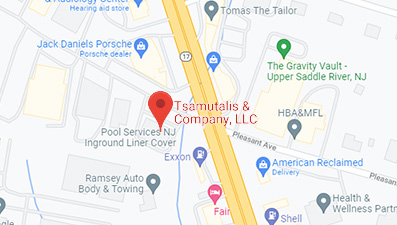
With the passing of the Tax Cuts and Jobs Act of 2017 came Section 163(j). Section 163(j) calls for the limitation of deductions for business interest expense. All taxpayers who have business interest expenses are subject to Section 163(j) except those that meet the requirements for the gross receipts test. In order to meet the requirements of the gross receipts test, the taxpayer needs to have annual average gross receipts of $25 million or less for the previous 3 tax years. If a taxpayer is subject to Section 163(j), then their allowable business interest expense deduction is limited to the sum of Business Interest Income, 30% of the adjusted taxable income, and Floor plan financing interest expense. A business takes part in floor plan financing when products such as motor vehicles are purchased through financing with the intention of resale or lease.
Although this creates the opportunity for a new deduction, it also leaves a choice to be made. If a business deducts the floor plan financing interest expense, it cannot deduct bonus depreciation on any property acquired by that business. If the taxpayer’s business interest expense exceeds the amount allowed by the limitation, the rest can be carried forward to the next year. A taxpayer that has business interest expense or a disallowed business interest carryforward must file form 8990. Some taxpayers are excluded from having to file form 8990. Small businesses that do not have excess interest expense from a partnership are not required to file for 8990. A business taxpayer is also not required to files for 8990 if it only has business interest expense from excepted trades or businesses such as, a trade or business of providing services as an employee, an electing real property trade or business, an electing farming business, and a certain utility business.
A real property trade or business is “any real property development, redevelopment, construction, reconstruction, acquisition, conversion, rental, operation, management, leasing, or brokerage trade or business.” An electing farming business includes farms in the fields of “livestock, dairy, poultry, fish, fruit, nuts, and truck farms. It also includes plantations, ranches, ranges, and orchards.” The limitation does not affect utility companies’ supply or sale of electrical energy, water, sewage disposal services, gas or steam through a local distribution system, or the gas or steam transportation by means of a pipeline. Section 163(j) is another tool put in place to help small businesses.
If you want more information on Section 163(j) or need help with your taxes, please contact or call us at (201) 692-1600.



